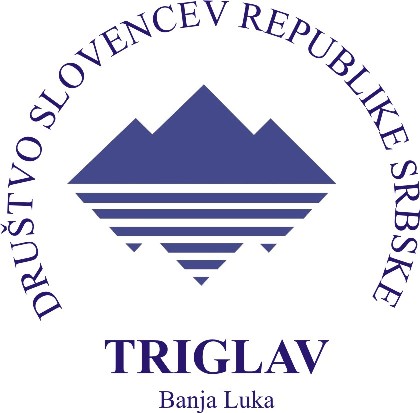Novo mesto, 22.10.2021
Within the Conference on the Future of Europe, MEP Klemen Grošelj, PhD (Let's Renew Europe / LMŠ) hosted a discussion in Novo Mesto on the challenges of multiculturalism in the European Union, especially from the point of view of the local community.
The attendees in the full banquet hall of the House of Culinary Arts were addressed also by professor Jure Gombač, PhD, senior research associate at the Institute for Emigration and Migration ZRC SAZU, and expert associates of the Association for the Development of Voluntary Work Novo Mesto Tina Cigler and Miroslav Strniša. At the beginning, Jure Gombač, PhD, reminded that migration has always been a part of our lives and continued that - despite the fact that the European labour market needed migrants - there were problems with integration, because many saw it only as assimilation. "Both sides, the majority population and immigrants, must contribute to successful integration. "Local communities usually talk the least about policies in this area but at the same time they carry the greatest burden," he said, citing some successful examples of integration policies and pointing to growing problems if we avoid integration. "Asylum seekers have similar problems as other vulnerable groups, and these are problems with accommodation, job search, language, health care ... Which leads to marginalization and poverty. The pool of workers from the Balkans is no longer sufficient, we are looking for workers from Ukraine to Moldova, how will our doctors, teachers, cultural mediators deal with them? We lack a vision and a long-term solution." He suggested that even when the profession or NGOs "collect a basket of good practices", they do not have to hand it over to anyone in the local community. While Novo Mesto boasts successful examples of the integration of foreign workers and students in the past, with NGOs such as the DRPD playing a significant role, it still has problems integrating indigenous communities such as the Roma. "No one is happy with today's situation, but it is the result of our actions so far. And we have obviously failed to solve the Roma problem, despite all strategies and policies," said Tina Ziegler, mentioning partial and continuous solutions to poor education, unemployment and poor living conditions and health of the local Roma community as some of the reasons for this failure. "The social support system on the one hand and the minimum wage on the other were not set by the Roma but by the majority population. So who really has the power to change anything?" The change for the better is the main motive for the arrival of a number of guest workers and students in the Dolenjska capital, said Miroslav Strniša, who arrived in a similar way more than two years ago and now helps young people integrate through the association. To illustrate with an example: an epidemic started, a young man wanted a job, but he didn't know if he could get it at all or not. He waited five months for an official response from the state! That's five months without being able to work and earn a living, not even knowing if he can return home to not jeopardize his chances of staying here. And that's not a little." In his opinion, some faculties or other (sub) systems could do more in integration, for example with supply teaching lessons of Slovenian, etc., and recruit them to come to Slovenia, and then often leave them stranded.
"You've all read about how the British ran out of fuel. They are missing 5,000 to 15,000 drivers. But they don't have them. And once there is no fuel, the second time there will be no vegetables or bread. Saying that Brexit has succeeded by claiming that migration will be solved in this way, "said Dr. Klemen Grošelj about the consequences of labour shortages in England and elsewhere in Europe. As for the very purpose of today's conference, he said at the beginning that "it is the stone of reality in the Brussels bubble". At the level of institutions such as the European Commission, the Council of the EU or the European Parliament, debates are held on the future of the European family, and members of the European Parliament can directly hear the expectations of the population through such events.
Association for the Development of Voluntary Work Novo mesto
Translation: Ana Marjanović















